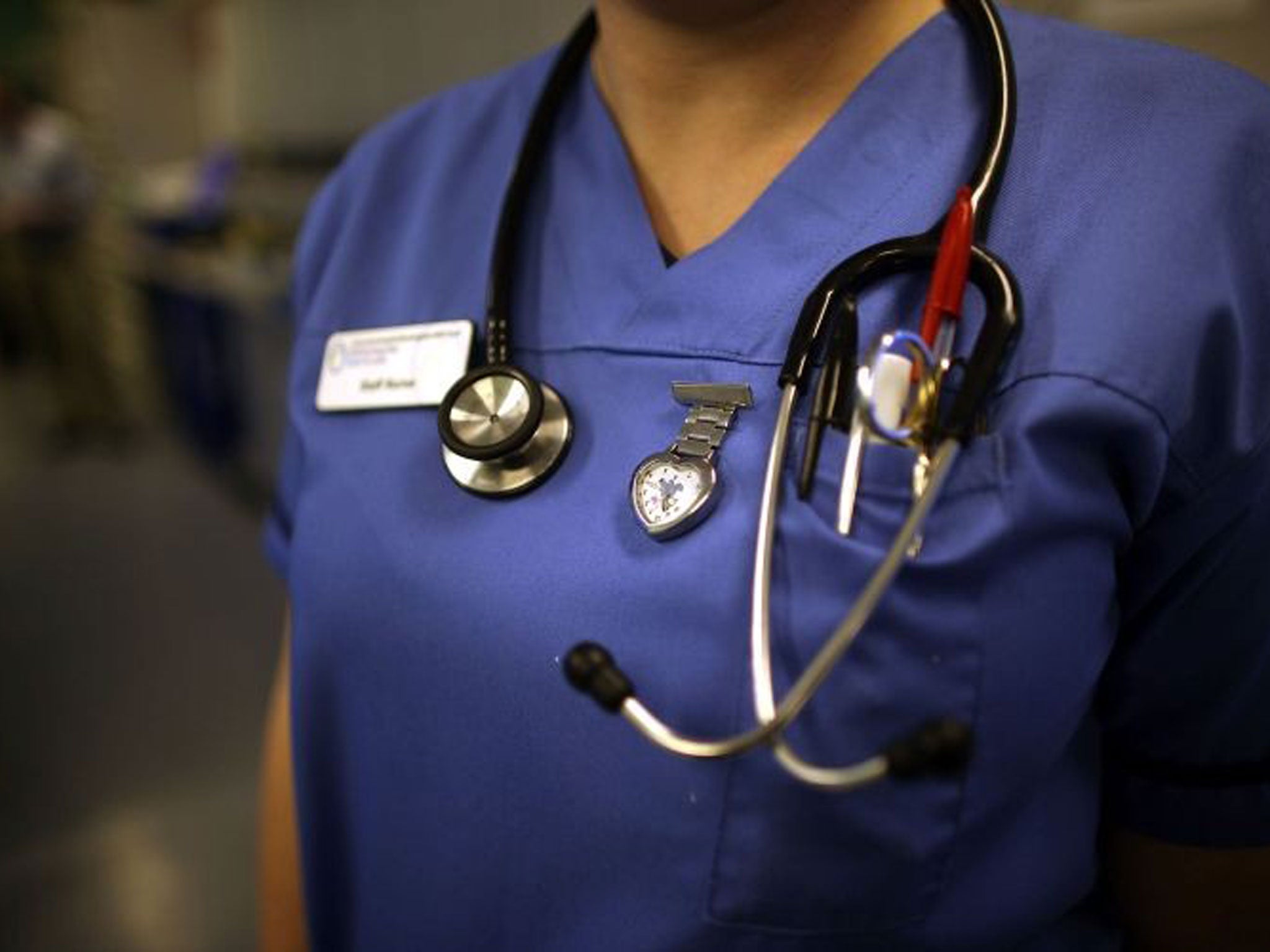It's not difficult. Sick people need doctors
All my 87-year-old aunt needed was a doctor to visit and adjust her medication. Instead she had an expensive four-hour wait in A&E

I keep hearing about people making "unnecessary" visits to A&E departments. Over Christmas, some NHS trusts even issued pleas to patients, reminding them that they could use out-of-hours services and walk-in centres. Apparently a parallel universe exists, where teams of cheerful medics are waiting to treat people who fall ill in the evening or at weekends. According to a recent survey, some GPs are so fed up with patients turning up at A&E "at the drop of a hat" that almost a third would like to impose a basic fee of up to £10.
Sick people don't seem to be listening. On Wednesday evening, so many turned up at the A&E department of the Royal Victoria Hospital in Belfast that it declared a "major incident". Staff described the situation as "horrendous" and booed the Northern Ireland health minister, Edwin Poots, when he visited the hospital. His critics pointed out that the Royal Victoria has been struggling to cope since the closure of the A&E department in another hospital in the city. But Poots put the blame on patients, talking about an "unreasonable spike" in people requiring treatment.
I bridle when I hear words like "unreasonable". In December, I was staying with my 87-year-old aunt on South Tyneside. Charlotte has several chronic health conditions, including angina, and was suffering from a chest infection. She lives in one of the most deprived areas of South Shields, a town which is in the bottom quarter of the country for early deaths from heart disease, stroke and cancer. She was taking antibiotics, but, on the Saturday before Christmas she got worse: she was feverish, shaky and breathless. I was worried that she might be developing pneumonia, so I called her GP's surgery. I got a recorded message which said it was closed and advised patients to call the 111 helpline which has replaced NHS Direct.
Getting a doctor's appointment within working hours is hard enough. When I call my local surgery in London, it's far from unusual to have to wait a week, and I was once told I'd have to wait three weeks if I wanted to see a named doctor. Even more astonishing – and relevant to the discussion about why so many people go to A&E – is the fact that since 2004, GPs have been able to opt out of providing an out-of-hours service for their patients altogether. I can't imagine how a Labour government ever agreed to that, especially at a time when annual salaries of GPs who are partners in an NHS practice have risen to an average of £103,000.
What are you supposed to do when you're looking after an elderly woman who might be developing pneumonia and you can't reach a doctor? I called 111 and got an "adviser" – I'm amazed they don't call them "customer service operatives" – who appeared to be reading from a script. After going through a checklist which included questions about whether my aunt had ingested poisonous substances in the past 24 hours, he called an ambulance. So Charlotte and I joined the ranks of those annoying people who turn up at A&E at one of the busiest times of the year.
I think we spent about four hours at the hospital, including a lengthy wait for a taxi back to her house. The staff were nice but rushed off their feet; Charlotte huddled in her dressing-gown, plaintively asking if she couldn't just go home. Another elderly woman came and sat next to me, pulling a huge suitcase on wheels. "I'm 91 and I've had the worst day of my life," she confided, and launched into a rambling story about being held hostage at knife-point for seven hours. She appeared to be on her own, suffering from dementia, and couldn't tell me how she had got to A&E.
In the end, the duty doctor said Charlotte probably needed stronger antibiotics and sent us home. I don't know how much it cost the NHS to send an ambulance and two paramedics, and transport her to A&E, but the whole thing could have been avoided if I'd been able to speak to a doctor on the phone. In some parts of the country, what should be a last resort has become the only source of medical care for sick and vulnerable people.
Later this year, a new contract will come into force which is supposed to address the problem by providing a dedicated GP, personally accountable for their treatment, for four million patients over the age of 75. There's also a review of urgent and emergency care in England, conducted by Sir Bruce Keogh, who says it should be delivered in or as close to people's homes as possible. I'm all in favour of that but it's the underlying principle that really needs to change. The A&E crisis will be solved only when patients' needs, rather than the convenience of health-care professionals, are put back at the heart of the NHS.
Join our commenting forum
Join thought-provoking conversations, follow other Independent readers and see their replies
Comments
Bookmark popover
Removed from bookmarks